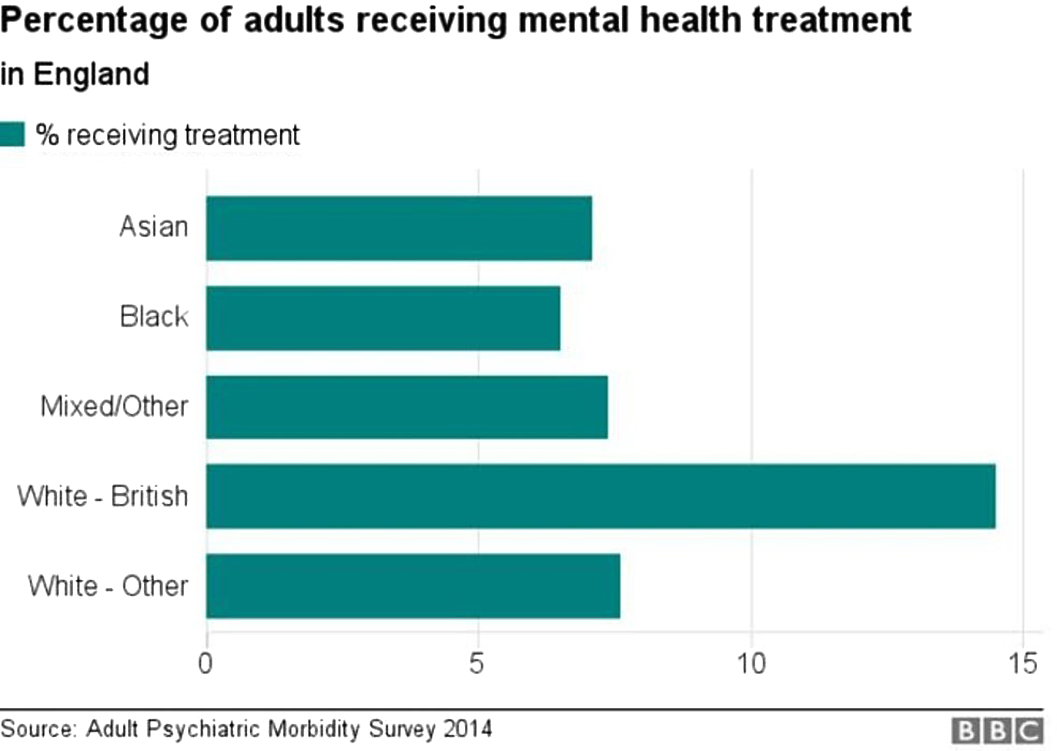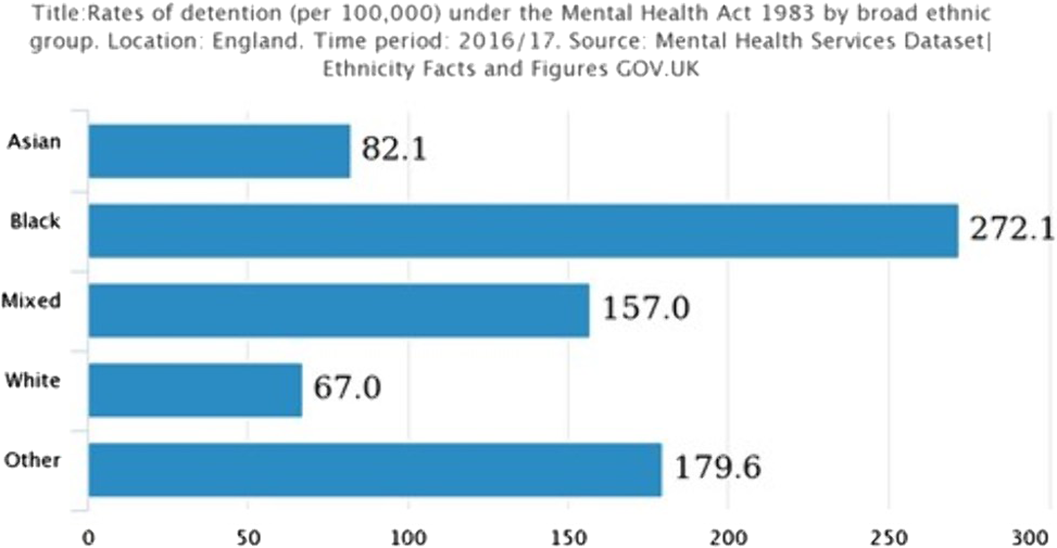Open access
E-Poster Presentation
Abstract
Schizotypal Traits are Associated with Decreased Functional Connectivity between Medial Prefrontal Cortex and Cerebellum in a Non-clinical Sample
-
- Published online by Cambridge University Press:
- 01 September 2022, p. S214
-
- Article
-
- You have access
- Open access
- Export citation
E-Poster Viewing
Abstract
Adjunctive treatment with aripiprazole for olanzapine-induced hyperprolactinemia
-
- Published online by Cambridge University Press:
- 01 September 2022, pp. S775-S776
-
- Article
-
- You have access
- Open access
- Export citation
20 years of daily hospital for non-psychotic disorders, organisational structure and treatment modalities
-
- Published online by Cambridge University Press:
- 01 September 2022, p. S751
-
- Article
-
- You have access
- Open access
- Export citation
E-Poster Presentation
Abstract
The autonomic activity of nightmare sufferers during sleep and emotion-evoking picture viewing
-
- Published online by Cambridge University Press:
- 01 September 2022, p. S358
-
- Article
-
- You have access
- Open access
- Export citation
E-Poster Viewing
Abstract
Fake News and social Cognition During The SARS-COV-2 Pandemic: Initial Approach Towards understanding Belief In Misinformation
-
- Published online by Cambridge University Press:
- 01 September 2022, p. S873
-
- Article
-
- You have access
- Open access
- Export citation
The meaning in life and smart technology of older adults during the Covid-19 pandemic: A cross-cultural qualitative study
-
- Published online by Cambridge University Press:
- 01 September 2022, pp. S500-S501
-
- Article
-
- You have access
- Open access
- Export citation
Clinical features and management of manic episodes in adolescents. A case review
-
- Published online by Cambridge University Press:
- 01 September 2022, p. S444
-
- Article
-
- You have access
- Open access
- Export citation
E-Poster Presentation
Abstract
Mrna vaccination under clozapine treatment
-
- Published online by Cambridge University Press:
- 01 September 2022, p. S263
-
- Article
-
- You have access
- Open access
- Export citation
Higher levels of concern about dieting and moderate-intensity physical activity predict orthorexia nervosa among young adults
-
- Published online by Cambridge University Press:
- 01 September 2022, p. S149
-
- Article
-
- You have access
- Open access
- Export citation
E-Poster Viewing
Abstract
The double penalty of the coronavirus: Decidedly this virus has not yet revealed all its secrets!
-
- Published online by Cambridge University Press:
- 01 September 2022, pp. S517-S518
-
- Article
-
- You have access
- Open access
- Export citation
Clinical/Therapeutic
Symposium
Mental Health Sequelae in Health Professionals in Spain during the COVID Pandemic
-
- Published online by Cambridge University Press:
- 01 September 2022, p. S25
-
- Article
-
- You have access
- Open access
- Export citation
E-Poster Viewing
Abstract
Attitudes towards body and perception of parental care and close relationships in anorexia nervosa (AN)
-
- Published online by Cambridge University Press:
- 01 September 2022, p. S579
-
- Article
-
- You have access
- Open access
- Export citation
E-Poster Presentation
Abstract
Loneliness in elderly in the covid-19 pandemic
-
- Published online by Cambridge University Press:
- 01 September 2022, pp. S266-S267
-
- Article
-
- You have access
- Open access
- Export citation
E-Poster Viewing
Abstract
Prevalence and forms of aggressive behavior among patients admitted to an acute psychiatric ward
-
- Published online by Cambridge University Press:
- 01 September 2022, pp. S586-S587
-
- Article
-
- You have access
- Open access
- Export citation
Changes in the practice of electroconvulsive therapy at Semmelweis University before and during the COVID-19 pandemic
-
- Published online by Cambridge University Press:
- 01 September 2022, pp. S737-S738
-
- Article
-
- You have access
- Open access
- Export citation
E-Poster Presentation
Abstract
Anhedonia. Depressive versus negative symptom
-
- Published online by Cambridge University Press:
- 01 September 2022, p. S219
-
- Article
-
- You have access
- Open access
- Export citation
Role of nurses in the initiation and the monitoring of Lithium
-
- Published online by Cambridge University Press:
- 01 September 2022, pp. S177-S178
-
- Article
-
- You have access
- Open access
- Export citation
Does culture affect How Mental Health Is Treated And Diagnosed- What Is The Future Of It
-
- Published online by Cambridge University Press:
- 01 September 2022, p. S136
-
- Article
-
- You have access
- Open access
- Export citation
Psychological impact of COVID19 outbreak and coping strategies among Tunisian medical students
-
- Published online by Cambridge University Press:
- 01 September 2022, p. S264
-
- Article
-
- You have access
- Open access
- Export citation
E-Poster Viewing
Abstract
Fear of death and the pandemic
-
- Published online by Cambridge University Press:
- 01 September 2022, p. S544
-
- Article
-
- You have access
- Open access
- Export citation


